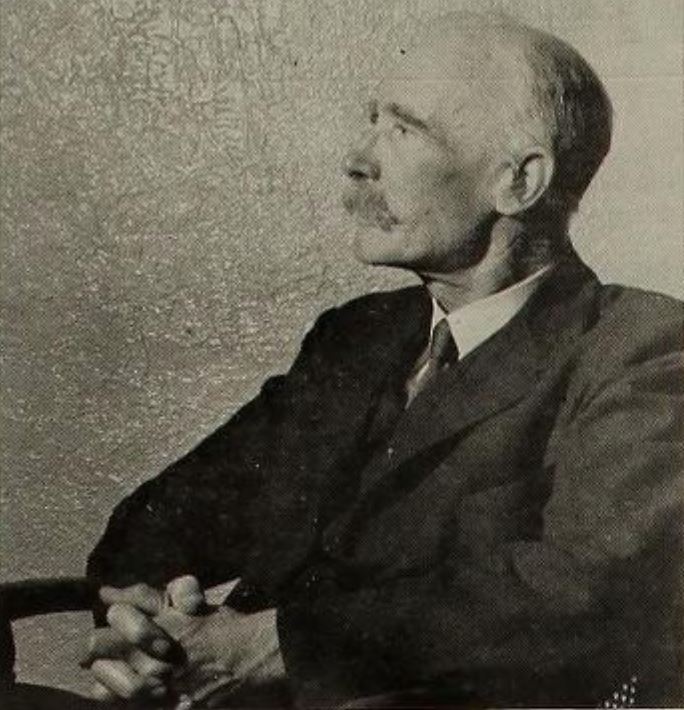
Sir Richard Livingstone Livingstone was a classics professor at Corpus Christie College, Oxford University. From 1924-1933, Livingstone served as the Vice-Chancellor of Queen’s University Belfast, overseeing the growth of the university’s prestige. He was knighted in 1931. Arriving at Corpus Christie in 1933, he instituted summer schools for colonial administrators and expanded adult education programs. He also helped to establish a residential college for women. He was the author of numerous books, including A Defence of Classical Education (1916), The Mission of Greece (1928), and The Future in Education (1941). From 1944 until 1947, he was Vice-Chancellor of Oxford before retiring in 1950. He died in 1960.
Livingstone opened his lecture by claiming that the 20th century was the century of freedom: but, freedom could not dictate what the ‘good life’ was. He urged the audience to understand the liberalism, liberty, and rationalism are not good in and of themselves, but good when used properly and nurtured. In his second lecture, he argued that Christianity and a refreshed system of ethics and a rational philosophy were the “hope of the civilized world.” The freedom of the twentieth century brought a loss of fundamental beliefs, which led to a loss of a common purpose. He lay some of the responsibility at universities and education, which had failed to give people a philosophy of life. Universities could contribute by producing students with a working philosophy that promoted action. After comparing the situation to the that of ancient Greek philosophers, he ended his final lecture, a more scientific “ethics are not a complete guide to conduct but only an outline,” and we should look for such a modern Aristotle to guide us through ongoing moral chaos.
Listen to an excerpt of Livingstone’s lectures below.